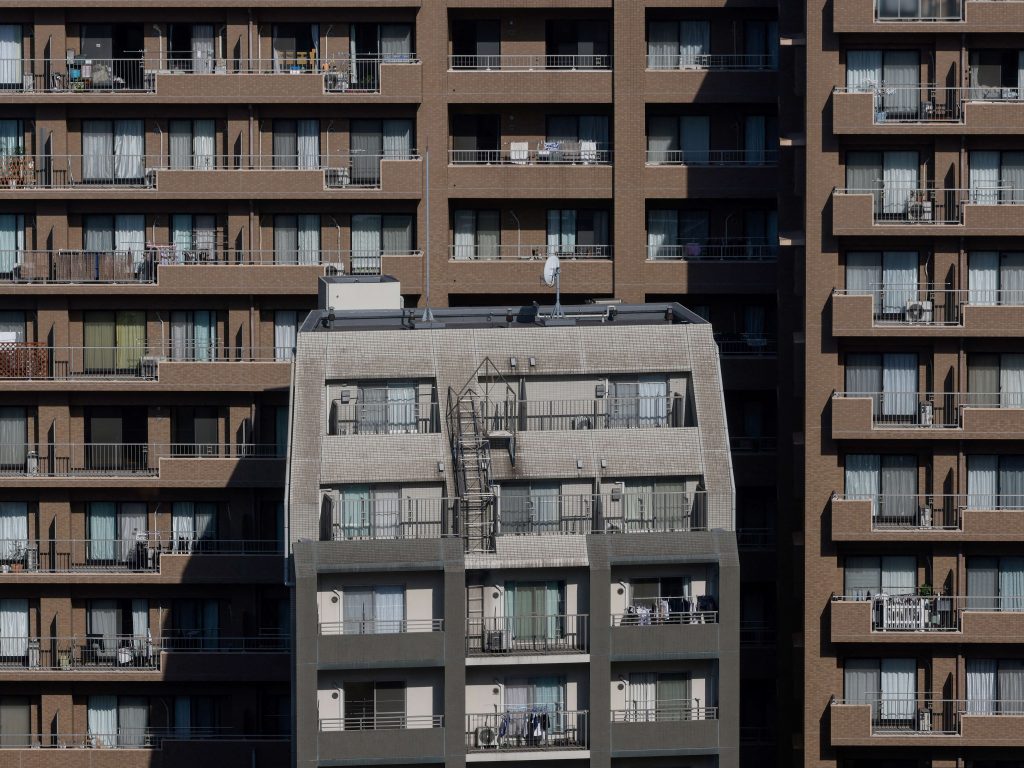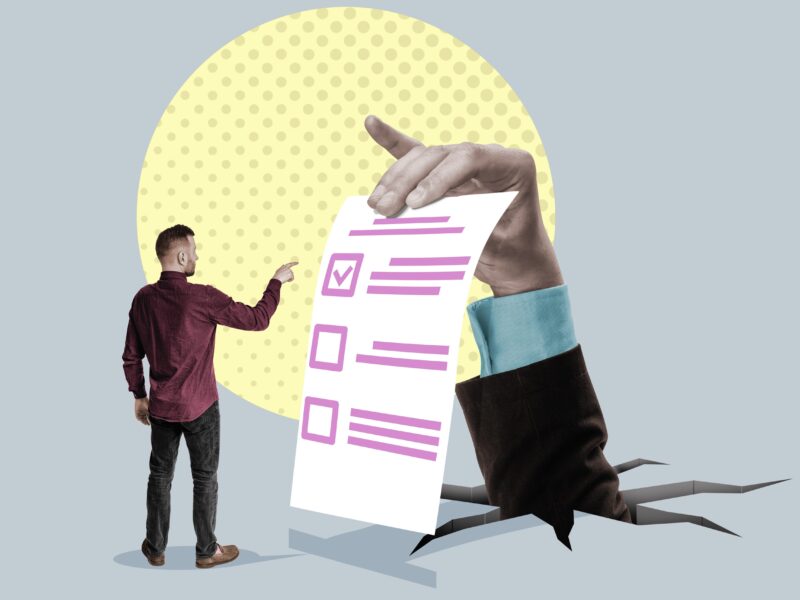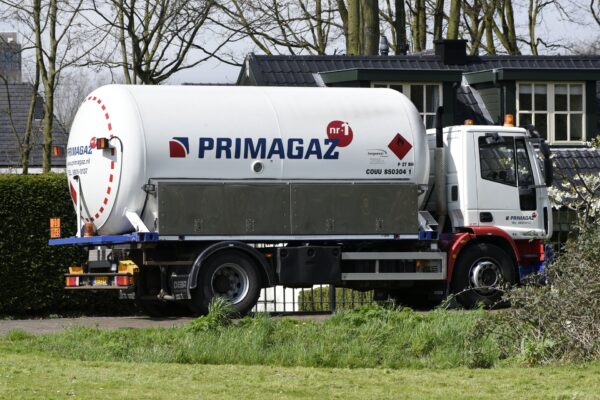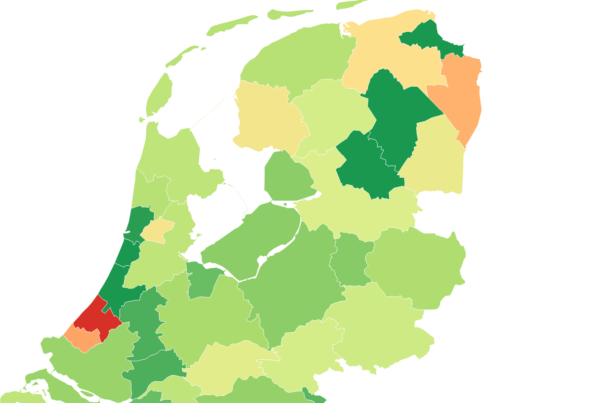- In Japan, homes where a death has occurred carry a stigma that can make the home hard to sell.
- But some agents are making a career out of getting these "stigmatized" properties off the market.
- One expert estimates that some of these houses can have their prices reduced by as much as 50%.
The first time Koji Hanahara stepped into one of Japan's "stigmatized properties," it was the scene of a lonely death. An elderly man had died alone in his apartment, and his body was only discovered two months later.
It was unnerving, but it reminded Hanahara of why he chose to do what he did. As the CEO of Marks Co., a Japanese real-estate company that specializes in cleaning, renovating, and selling stigmatized properties, it's his job to get these houses back onto the market again — despite their history.
"I thought I should be the one to do it. At that time, I realized again that it is my mission to help as many people as possible," Hanahara told Insider.
Building a business around 'accident properties' that are hard to sell
The term "jiko bukken" — which translates to "stigmatized property" or "accident property" — is most commonly used to describe a property where a suicide, murder, or natural death has occurred.
"In Japan, it is said that there are about 30,000 lonely deaths at home, about 13,000 suicides a year, and about 2,000 homicides and fire deaths a year, making it a total of 45,000," Hanahara said. "Not all these properties are rented or sold, but the current situation is that there are a large number of accident properties."
Not only can these houses be hard to clean, but the stigma makes them almost impossible to sell.
"In Japan, many people have the impression that accident properties are 'scary,' 'ghostly,' and 'dirty,' which makes them exclude accident properties when choosing real estate," Hanahara said.
While most real-estate agents want to avoid sharing grisly details, Hanahara does quite the opposite.
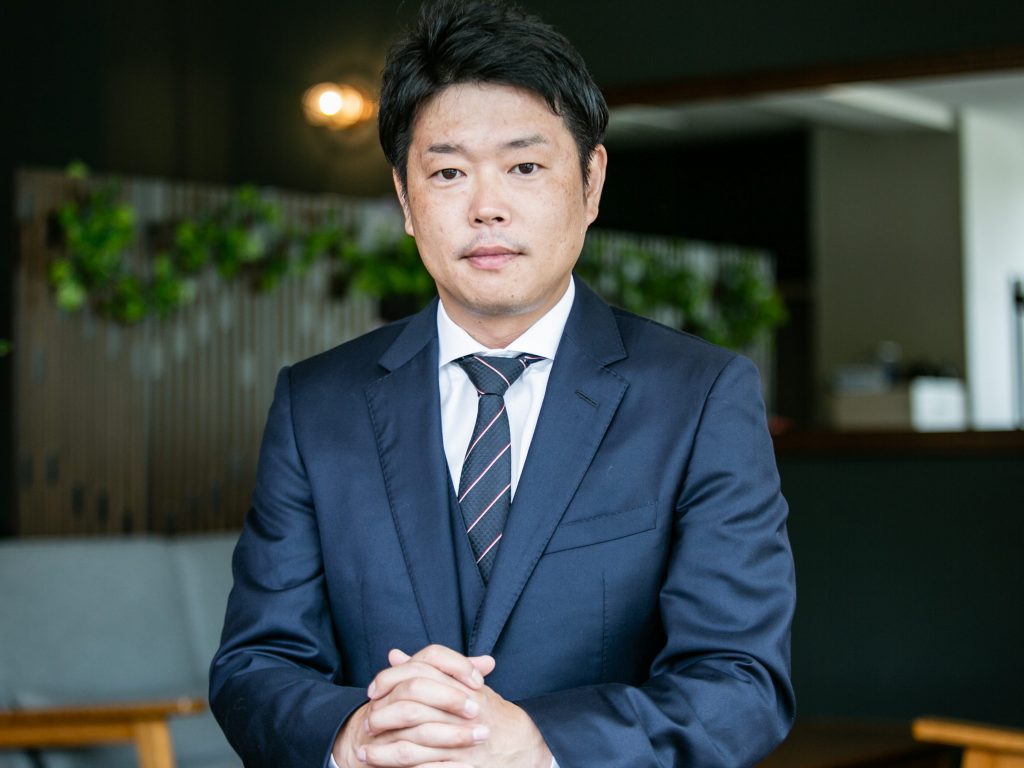
After working at a construction company for residential homes, Hanahara started his own real-estate agency, Marks Co., in 2016. He pivoted to specializing in stigmatized properties in 2019.
The listing information on his company's site, Jobutsu Real Estate, includes a room description and details of how and when the previous owner died. "Suicide in December 2018" reads one listing currently available for 26.8 million yen, or $194,857. "The former owner died indoors in 2014" reads another that's on the market for 21.8 million yen.
Cheaper to rent or buy
Despite the stigma that's attached to these houses, there's a big plus point for buyers and renters: price.
Hanahara estimates that properties where lonely deaths have occurred tend to have prices reduced by 5 to 10%, while houses where suicides have occurred tend to have prices reduced by 20 to 30%. The prices of houses where murders have occurred can be reduced by as much as 50%, he added.
On the Jobutsu site, a 29-square-meter stigmatized condo apartment in Shinagawa-ku, Tokyo, costs 21.8 million yen. A non-stigmatized condo of the same size in the same location costs 27.6 million yen, per data from the Japanese real-estate platform Utinokati.

For some young families, the cheap rent is attractive. Kasia Pawlus-Ono, a Polish stay-at-home mom, moved to Japan from Australia with her Japanese husband and their daughter in 2019.
They lived in a stigmatized property in Hanamigawa, in the Chiba prefecture, from March 2019 to May 2021. The former tenant was a young mother who had died in the house, Pawlus-Ono said.

"It was around 25,000 yen when it was half-priced," Pawlus-Ono told Insider. "We paid one year of the rent basically up forward, because it was half price from the original because of the stigmatized property status."
In contrast, the average monthly rent for an apartment in Hanamigawa is 56,084 yen, per Utinokati.
"I would say it was a positive experience because our neighbors were fine. It also seemed like they were quite happy that someone moved in because for them it was strange that it was empty for so long," Pawlus-Ono said. She added that her rent went back its regular price — about 50,000 yen — after a year.
Rent may recover over time, but it doesn't mean agents no longer have to notify future tenants about the incident. Japan's Building Lots and Buildings Transaction Business Law prohibits realtors from intentionally withholding facts about the properties they're selling, Hanahara said. And in October, new guidelines from the Ministry of Land, Infrastructure, Transport and Tourism specified that brokers must disclose deaths if they had been well-known incidents, involved foul play, or have a significant decision-making impact. Realtors must also disclose all past deaths, regardless of their nature, if tenants ask.
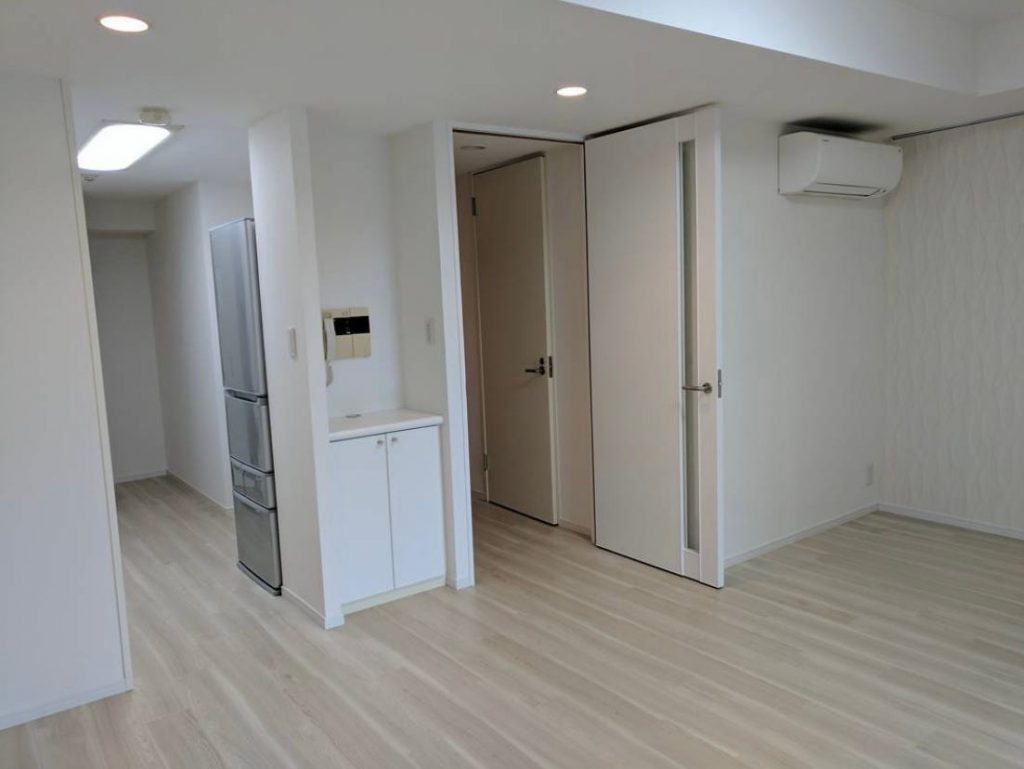
Scott Rothman, a technical director from the United States, moved into a stigmatized studio apartment in Shibuya, Tokyo, in September 2017. He lived there for slightly over three years.
"I got I think two free months of rent and the rent was quite discounted," Rothman told Insider. "The value was way better than I ever could have actually afforded and I even got a couple of free appliances out of it."
The previous tenant was an older woman who had died of natural causes in the house, Rothman said: "I was weighing the pros and cons of the apartment when I thought, 'People have to die somewhere? What's the difference?'"
How to find stigmatized properties in Japan
People can also find stigmatized properties in Japan on a website called Oshimaland.
The site maps stigmatized properties and provides the details and date of the incident that occurred there. However, it's not an official record; anyone can submit entries to the site, website creator Teru Oshima told Insider.
"Landlords have an incentive to check the website since everything that's written on it has a negative impact on the prices of their assets," Oshima said. "They can send me emails, post comments, send direct messages through Twitter or Facebook or any other route to contact me to correct the information if it's not true."
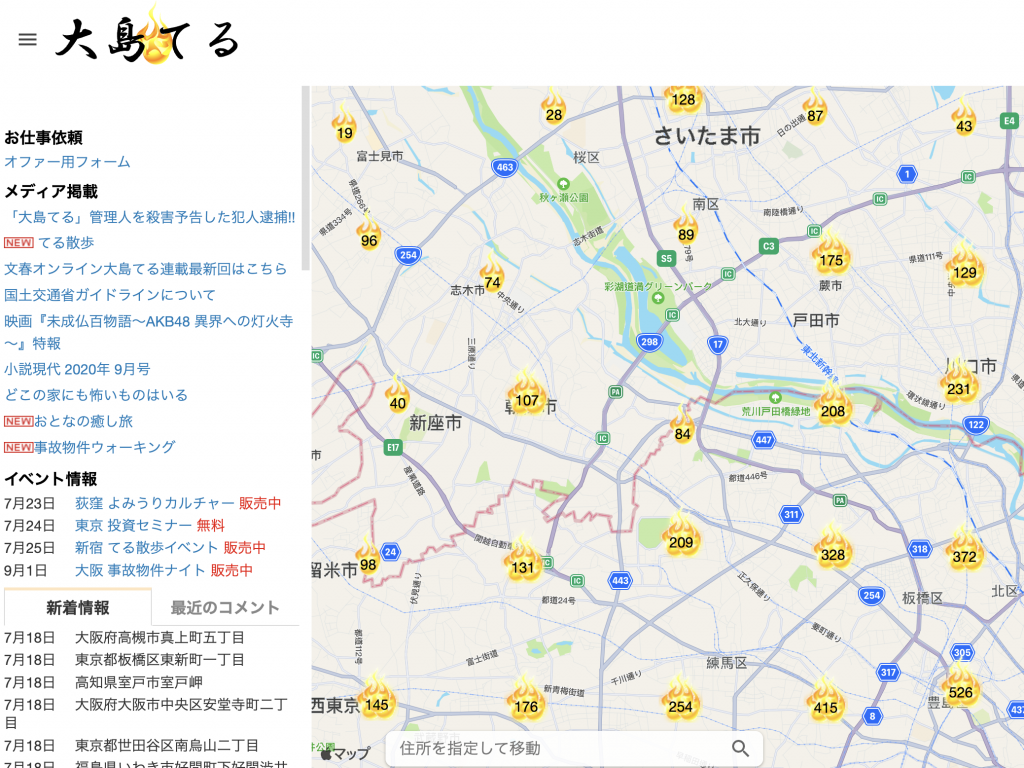
Marks Co. receives about two to three notifications about potential property listings in a day, most of which come directly from the relatives of the deceased. The company also works with funeral houses and special cleaning companies to look for more properties, Hanahara said.
In terms of tenants, he's noticed a trend of people in their 20s and 30s, single mothers, and single women living in stigmatized houses. And while the discounted pricing is one reason these apartments can be appealing — Tokyo, for example, is the fourth-most expensive city in the world to purchase property — it's not only about money.
"When you think of living in an accident property, you may have the idea that you are choosing the accident property because you have no money," Hanahara said. But the property might have other appealing perks, such as being located near public transport or in a new building, he added.
Some real-estate agents have reservations about dealing with stigmatized properties.
"I know there is certain demand, but it's really risky," Yuki Yanagita, a sales representative from real-estate company J&F Plaza, told Insider. J&F Plaza specializes in helping foreigners find property in Japan.
Along with a smaller pool of buyers, the cost of deep cleaning the house is borne by the agency — something not every company is willing to take on, Yanagita said. People in Japan often also closely associate stigmatized properties with the paranormal, he added.
But as for Hanahara, his goal is step in and handle exactly the stage of the process that others stay away from.
"We will help those who are willing to sell their accident property right from the stage when the accident occurred," Hanahara said.
